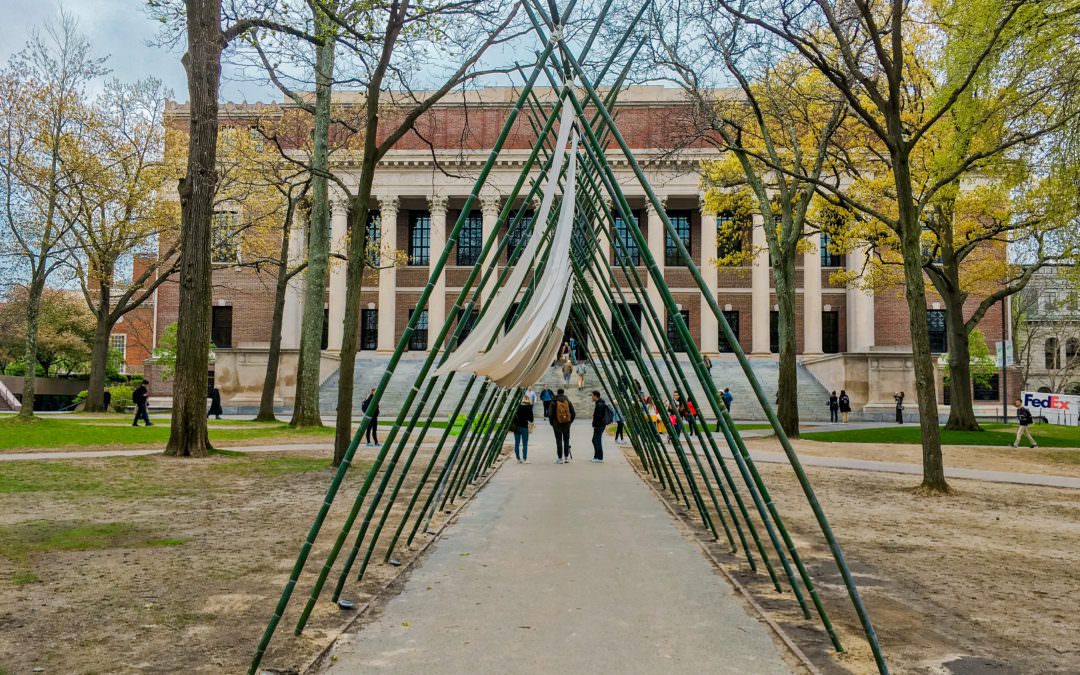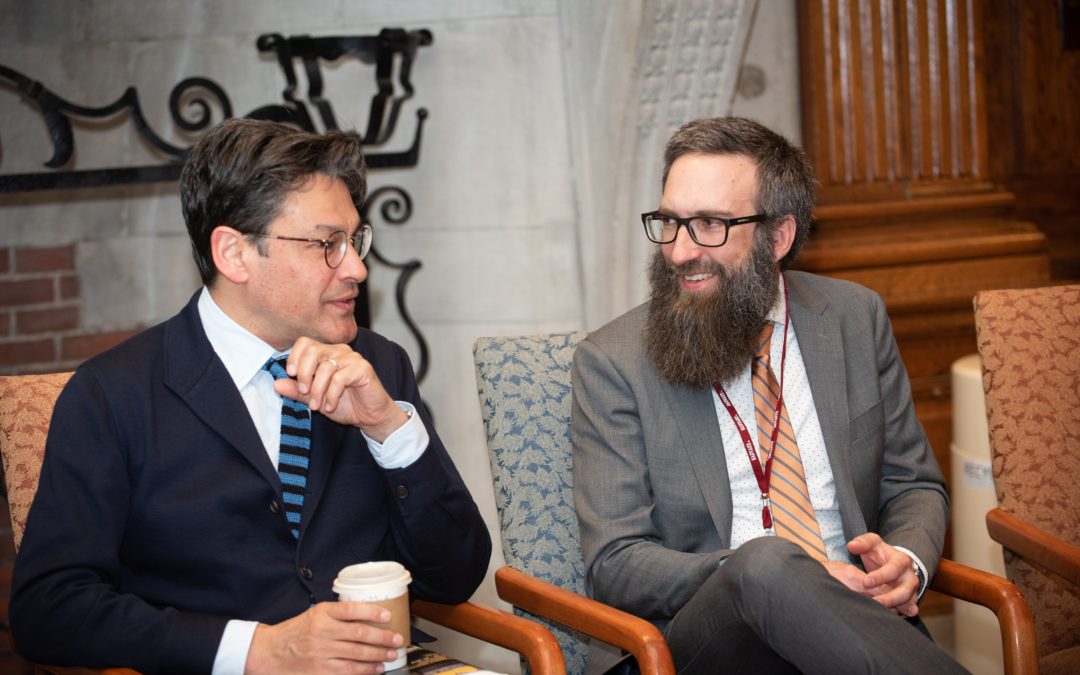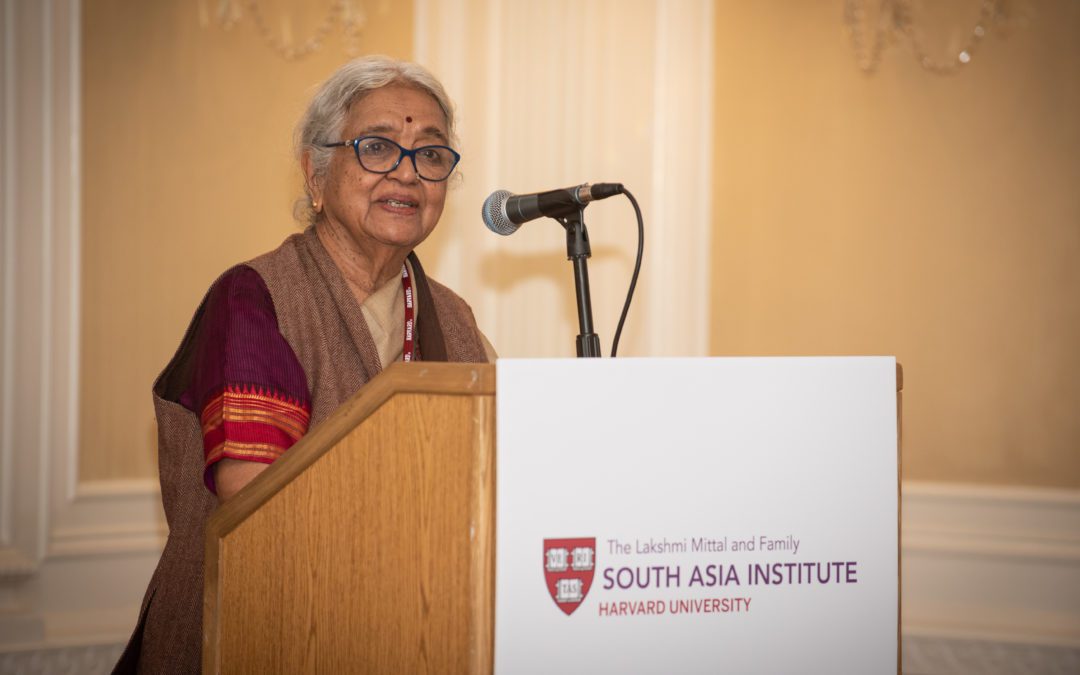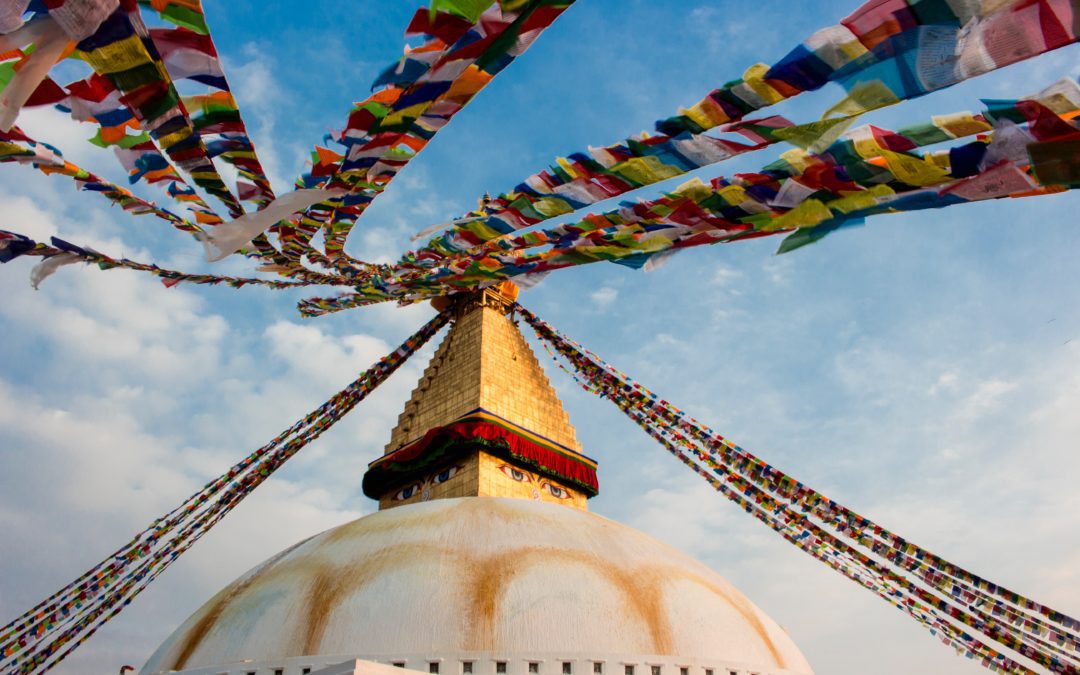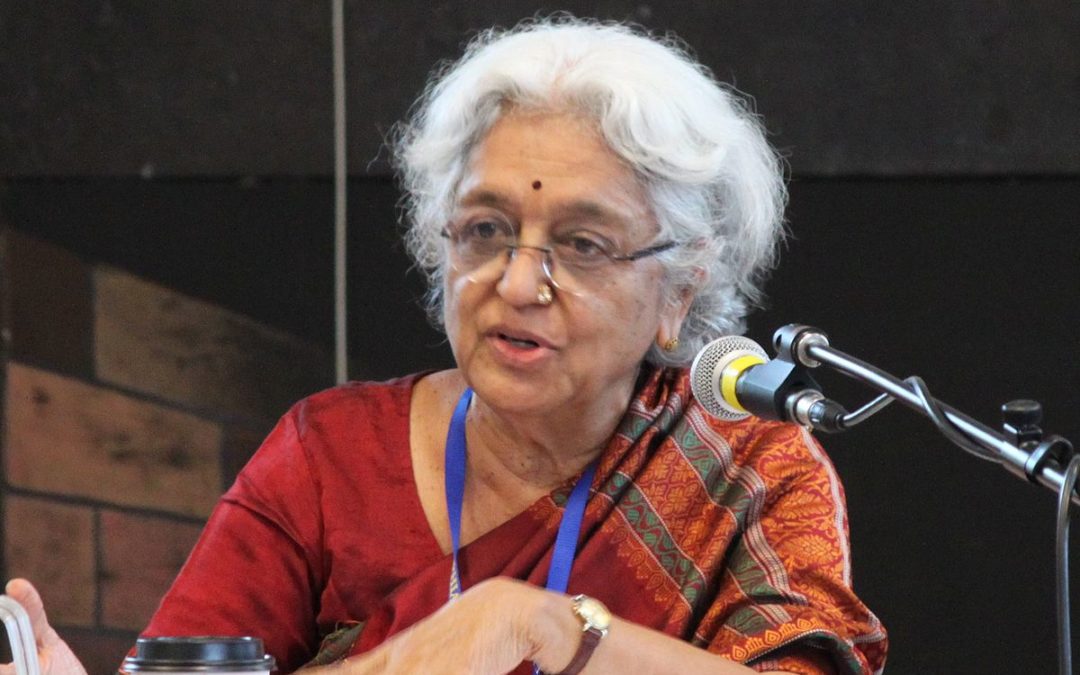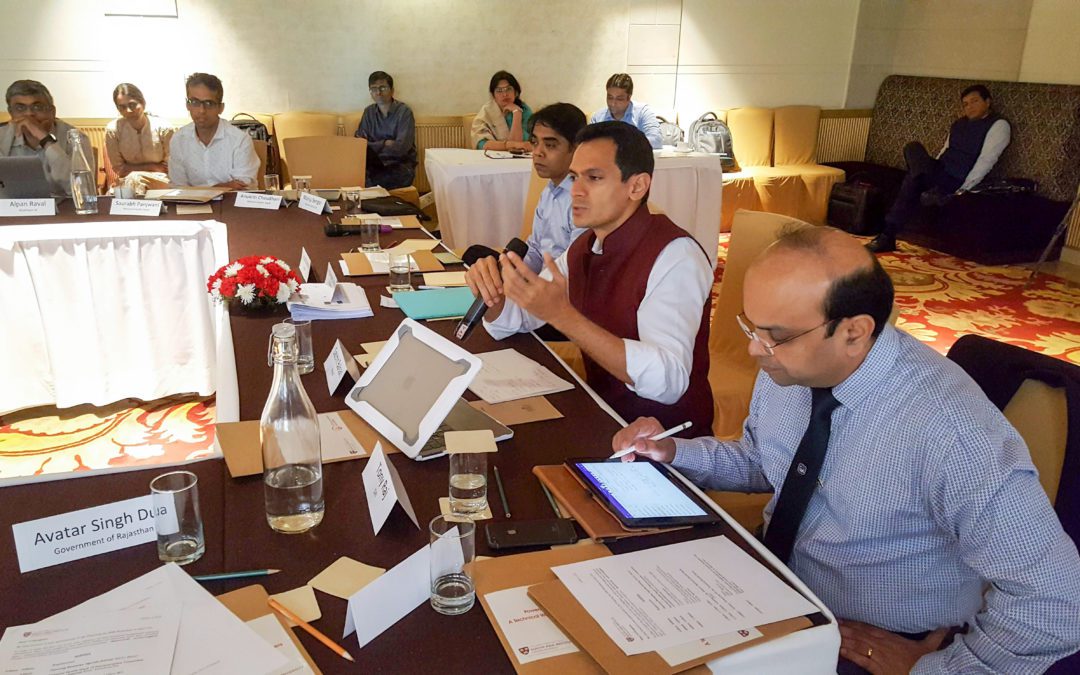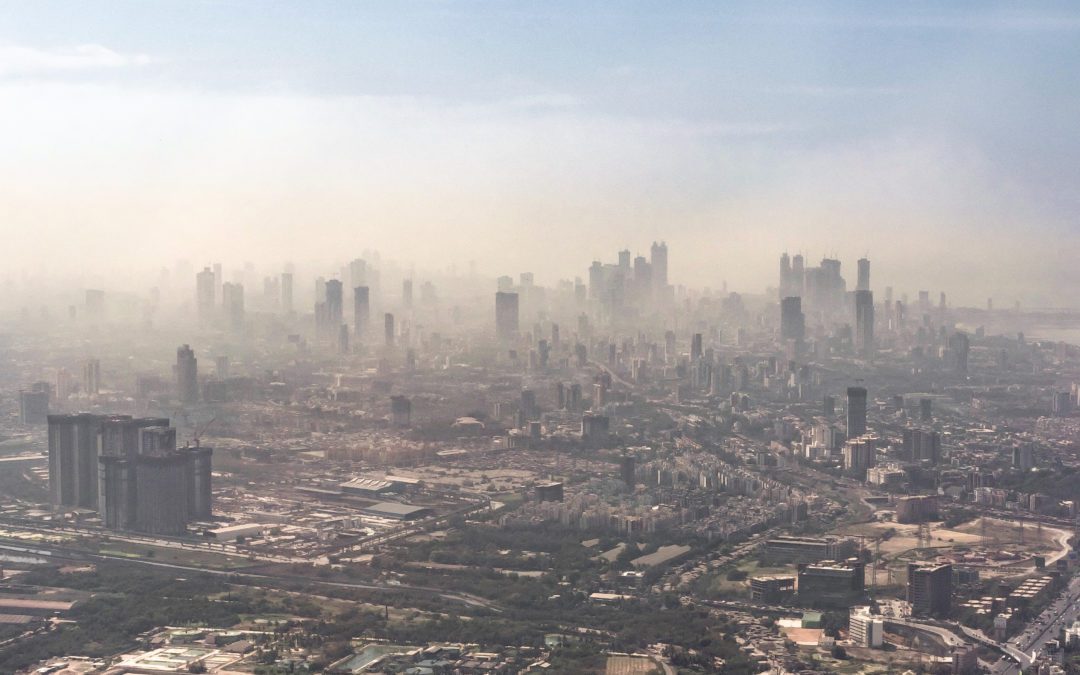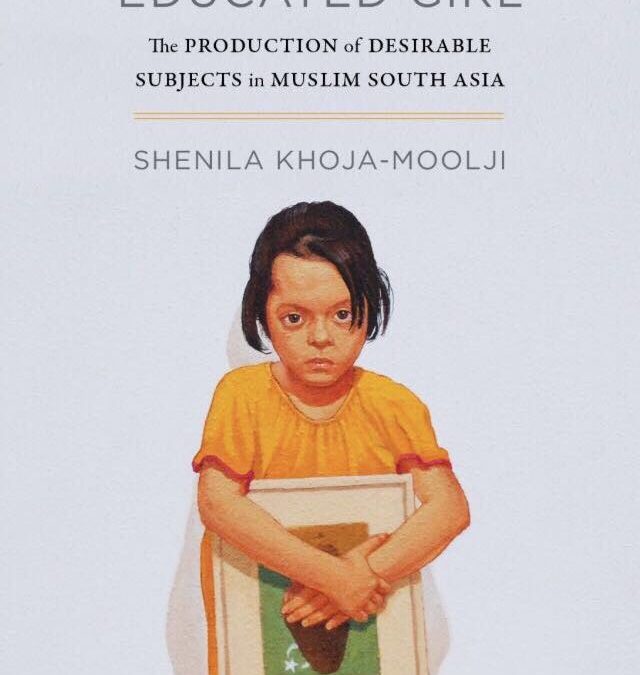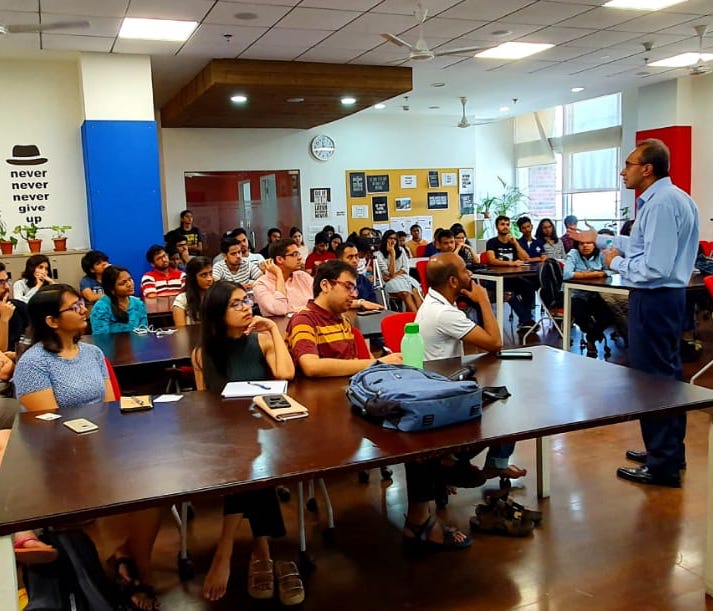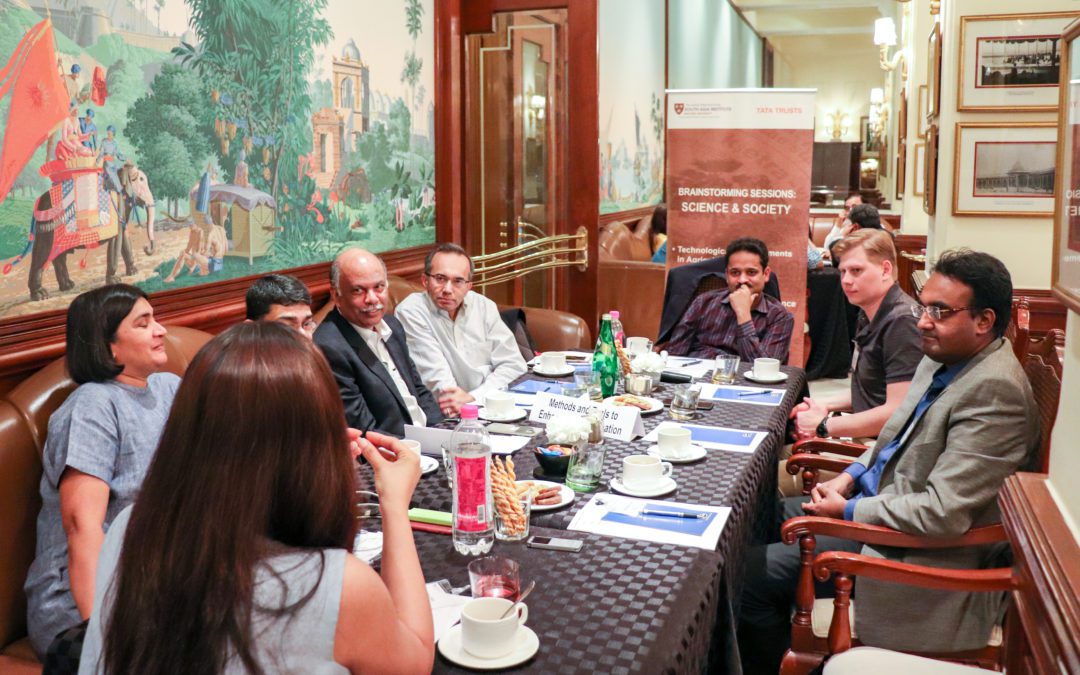In Pakistan and India, the figure of the “educated girl” has emerged over the past few decades, linked to the countries’ politics, educational reform, and campaigns for development. But what is the true meaning behind this idealized figure of Muslim women and girls?
Shenila Khoja-Moolji is an Assistant Professor of Gender, Sexuality, and Women’s Studies at Bowdoin College, where she examines the relationships between race, gender, religion, and power across nations and with particular attention to Muslim populations. She recently authored the book Forging the Ideal Educated Girl: The Production of Desirable Subjects in Muslim South Asia, where she takes an in-depth exploration of her research into the history and culture surrounding the figure of the “educated girl” in postcolonial Pakistan and colonial India.
